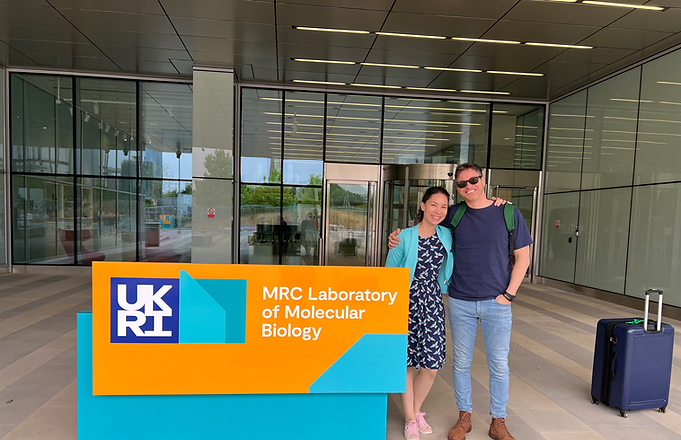Gene expression control is vital for health; deregulation causes diseases, including cancer. RNA Polymerase II (RNAPII) creates temporary RNA messages from DNA, instructing cellular processes, a process which is called transcription.
Cancer cells hijack RNAPII for aggressive growth and when control over the transcriptional process is lost, uncontrolled RNAPII activity may boost cancer growth.
We aim to identify how the transcription process is regulated and use this understanding to find anti-cancer therapeutics. These novel therapeutics are aimed at restoring transcriptional control and thereby halting tumor growth.
Our goal is to uncover more checkpoints, find novel targets, develop therapies, and positively impact patient outcomes.
From fundamental discoveries to translation!








